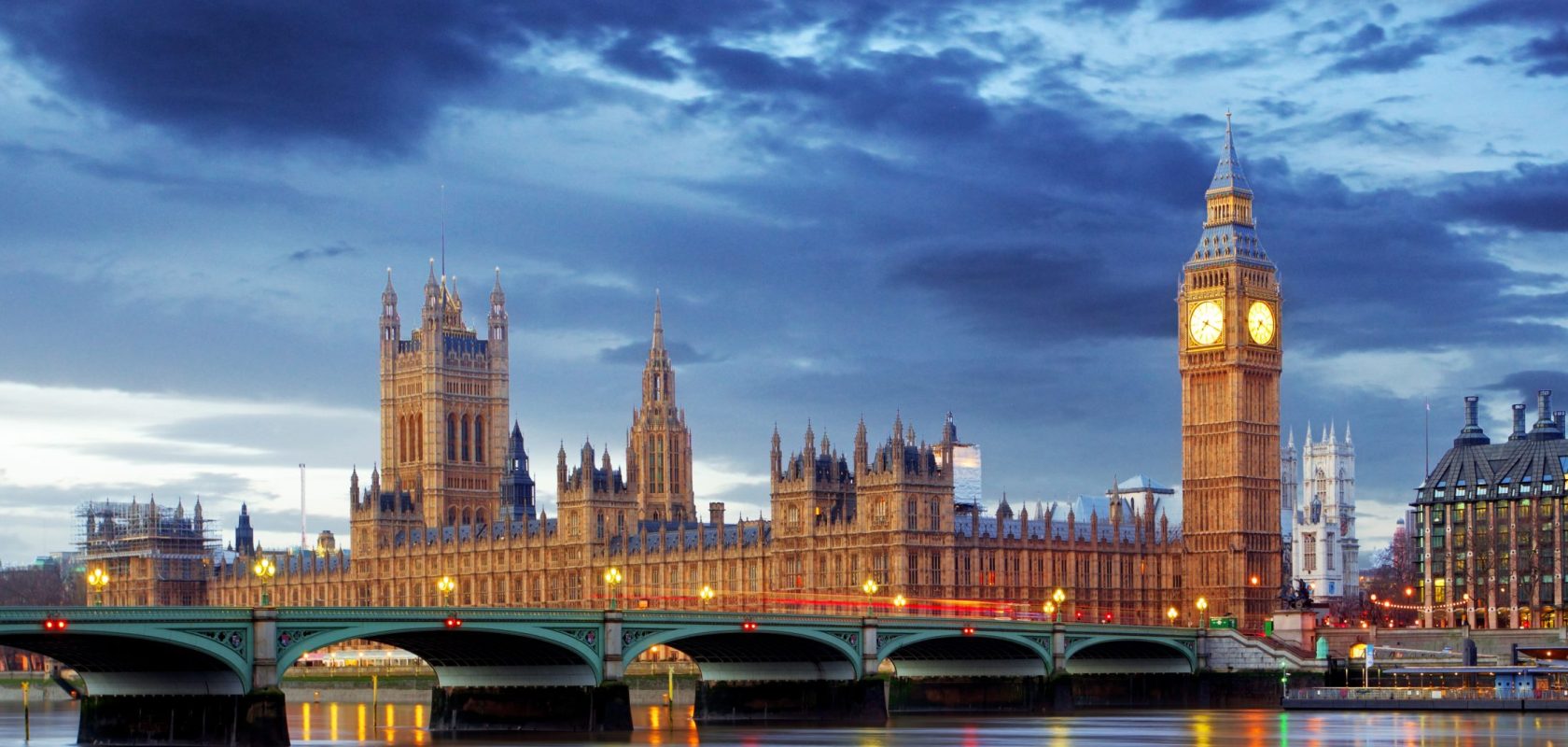New Department of Health and Social Care team
Following the change in Prime Minister, a new Ministerial team has been appointed at the DHSC. More information can be read about each MP by clicking their name.
- Secretary of State – Thérèse Coffey
- Minister of State – Robert Jenrick
- Minister of State – Will Quince
- Parliamentary Under Secretary of State – Dr Caroline Johnson
Specific responsibilities for each Minister, such as oversight of primary care, have yet to be announced.
Our statement on the appointment of Thérèse Coffey is here and our write-up of her first statement to the House of Commons is here.
Improving patient outcomes in primary and community care debate
On 8 September, Lord Narendra Patel, an obstetrician and Crossbench peer, led a debate in the House of Lords on improving patient outcomes in primary and community care.
For Lord Patel, primary care is ‘the bedrock of the [health] service, but the foundations are shaky, even crumbling. Unless fixed, the whole system will collapse’.
He claimed that primary care was ‘designed to work as an integrated team, with the patient as its centre and focus’. This, however, has now been broken through incoherent policies, and a lack of resources and attention to ‘the need in primary care to develop a technologically driven healthcare system and the infrastructure and professionals needed for an efficient and effective system to run’.
If general practice’s problems are not fixed, the wider health system ‘will collapse’ and ‘we will see a repeat in general practice of what has happened in dentistry’.
With GP numbers declining, through early retirement or switching to only private work, ‘the service may become more privately driven’.
Lord Patel argued that ‘we need a primary care service that delivers at scale, is fully integrated with other parts of the health and care system and is responsive to patient needs and delivers better patient outcomes and health improvement’.
To achieve this, ‘we need political recognition that an effective primary care system is a prerequisite to a sustainable NHS’. Therefore, ‘proposals for change to make future primary care fit for purpose have to be led by the Secretary of State for Health and Social Care’. Lord Patel asserted that the ‘words from the Prime Minister and the Secretary of State have been encouraging’, but he hopes ‘they will be followed by some actions’.
Lord Patel suggested that the House of Lords set up a special Select Committee to ‘report on the future of primary and community care [and] identify possible barriers and solutions’.
Lord James Bethell, the Conservative peer and a former Minister in the Department of Health and Social Care, stated he would support the proposal for a committee.
Such a committee would have to note, however, that the ‘first point of contact’ with the care system is ‘for many people’ not a GP – but rather a ‘website, an app, a school nurse, a community hospital or a pharmacist’.
Lord Bethell agreed that there is a workforce crisis in primary care, but as there is ‘no massive new wave of GPs set to save the day’ we should plan on the basis ‘that there will be fewer GPs’. He also cautioned that ‘we should not over-romanticise relational-based care when the role of the GP is evolving… and when many patients never ever visit the practice’. This would avoid ‘lazy generalities’ and help create a ‘modern service that is flexible enough to meet different needs’.
The peer stated that the proposed Select Committee should look at four main issues:
- Prevention.
- Digital – how primary care can best use data and ‘transformational’ digital healthcare technologies.
- Staffing innovation – ‘embedding more non-medical clinicians—such as pharmacists and dieticians—into primary care’
- Diagnostics – harnessing the ‘consumer diagnostic revolution’ to stop people booking a GP appointment for ‘extremely simple procedures’.
Labour’s Health spokesperson in the Lords, Baroness Gillian Merron, noted that ‘it is of increasing concern that those who should be making contact with their local GP are simply put off from doing so because they cannot access the service they require, not least because getting an appointment is beyond them, or so delayed, or difficult’.
Baroness Merron stated that health and care services should be organised ‘around the individual’ and provide holistic care. She called for a ‘long-term workforce plan’ and also lent her support to the creation of a primary care select committee.
The Government’s health spokesman, Lord Syed Kamall, asserted that any reform should be ‘community led’, not an imposed, ‘one-size-fits-all approach’.
He stated that the Government wants ‘patients to have a partnership with their health professionals’. Lord Kamall noted that several members who had spoken in the debate had suggested the way to achieve this was with a ‘named GP’. Lord Kamall argued that patients really just wanted ‘someone who understands their condition’, but the government would ‘look at’ examples where existing named GPs ‘do not always respond’.
On workforce, Lord Kamall suggested that the UK look at other countries with ‘resource challenges’, who have created new roles which are more specialised and require less training. With regards to workforce planning, ‘a lot is being done’. On pensions the Minister could only say that ‘discussions are taking place with another government department’ on improving the matter.
Lord Kamall said that ‘we want the NHS app to be the gateway’, and he wished that GP appointments could be booked 7 days in advance, rather than having patients phone up each morning. With the rise in patients seeking direct referrals to consultants, the government wants ‘everyone to have the same access’, not a ‘two-tier service’
Concluding, Lord Kamall admitted that ‘the Government must do more’.

